With Water & Garri, Tiwa gives the best music of her career, and presents a harrowing look at how stardom and capitalism can rob an entire generation of an artiste’s voice.
As stated in our earlier review of Tiwa Savage’s album Celia, being Queen is hard, and no one knows this better than Tiwa Savage.
By far the most enduring female artiste in modern Nigerian music, Tiwa has charted every road and followed every trend to stay relevant.
Initially merging her R&B sensibilities with Afro-Pop on early songs like “Without My Heart”, and “Kele Kele Love”, Tiwa went on to release some of the most commercial music at the time, from wedding staples like “My Darling” to Club Bangers like “All Over”.
Leaning into collaborations and latching onto the early craze of mid tempo Nigerian music, she released “Malo” with Wizkid, did a song with reigning comeback king (at the time), Duncan Mighty, and on DJ Enimoney’s “Diet”, stretched a 29 second verse into a 2 year cash grab.
She collaborated with everyone from Zlatan to Efya, and when the era of “urgent Afrobeats music” came, Tiwa wasted no time in releasing “49-99”, a swagger-filled, Fela influenced track.
Now, after a decade of relentless shape shifting, Tiwa returns to the music she spent her youth training for, and gives us what is to date, her magnum opus.
Clocking in at 6 minutes, 26 seconds, “Work Fada” is not so much a track as it is an experience. It is the kind of music only a lyricist of Asa’s caliber would typically make. However, while Asa would have focused on premium storytelling, Tiwa serves simple, unbridled soul. The song is calm, reflective and pensive all at once. It flows almost to the point of spilling over. Together, with collaborators Rich King and Nas, they extol the virtues of perseverance, hardwork and creativity. It is the most inviting opener from a Nigerian act, that I have heard this decade.
“Ade Ori” is a groovy R&B song about a grown woman’s love and independence. It almost serves a double function. One can imagine this song playing in the background as a woman leads her lover to her bed, and the same song playing after the relationship ends, as she tries to pick up the pieces and move on. It is a perfect change of pace from track opener, “Work Fada”.
“Tales By Moonlight” finally perfects the sex-filled potential previously flirted with on songs like “Wanted”, “Get It Now” and “Bombay” from the projects, Once Upon A Time, SugarCane and Celia respectively. Amaarae is an excellent fit for this song and aids the song gently with her delicate, whispery vocals. It is a song that facilitates sex and sins of the flesh. It is ridiculously effective.
“Somebody’s Son” is interesting for many reasons. It is the most upbeat song on the record (almost Davido leaning) but also the most heartbreaking. It is a desperate and almost prophetic plea for love. The beat will get you grooving but the hope will break your heart. Most worthy of note, Tiwa enlists the help of R&B Giant, Brandy otherwise known as “The Vocal Bible”. It is trite and cliche to say, but Brandy really understood the assignment. Her vocals are soft, warm and reassuring, and when the two women come together for the vocal climax toward the end, it isn’t so much a vocal showcase as much as the sound of two accomplished singers making beautiful music. From Tiwa’s Brandy-influenced runs to Brandy herself singing in Yoruba, one gets the sense that the song is a career highlight both for Tiwa, and dedicated Africans who have followed R&B for years.
The Closer, “Special Kinda” sees Tiwa use Tay Iwar’s incredible talents to the project’s advantage. By featuring arguably the most talented young R&B artiste in modern Nigerian music, the song almost feels like a “passing of the torch” moment and is incredibly heartwarming to hear. The song is also my favorite track on this project with regard to arrangement. Instead of having seperate verses and employing intricate harmonies, Tiwa and Tay sing the entire song in complete unison, at every line. It highlights how well their voices blend and how much beauty there is in simplicity. The disco drop toward the end is a really nice touch too.
In all, this EP is a culmination of all the lessons learnt in Tiwa’s career. It displays a deft understanding of Soul music from a woman who has listened to it all her life.
It’s perfect and outstanding features are the fruits of more than a decade of collaboration, and the pain and sexual tension in the music is the kind only a grown woman can truly relate to and experience.
For all it’s triumphs, this EP is also incredibly sad. Not necessarily in terms of theme or approach, but in how it highlights what we’ve been missing.
Perhaps unintentionally, the EP shines a light on how the search for stardom and commercial appeal can rob an artiste of her voice and an entire generation of groundbreaking music.
Yes, it is possible that all of her music would not have been as good if she had pursued only R&B from the beginning, but now we will never know, and will always wonder about the records we could’ve gotten.
In a promotional video, music producer and artiste, Pharell Williams while praising the project, mentioned it might not be the most commercial. We agree. But like Tiwa, we do not care. This is quite simply, the music she was born to make.

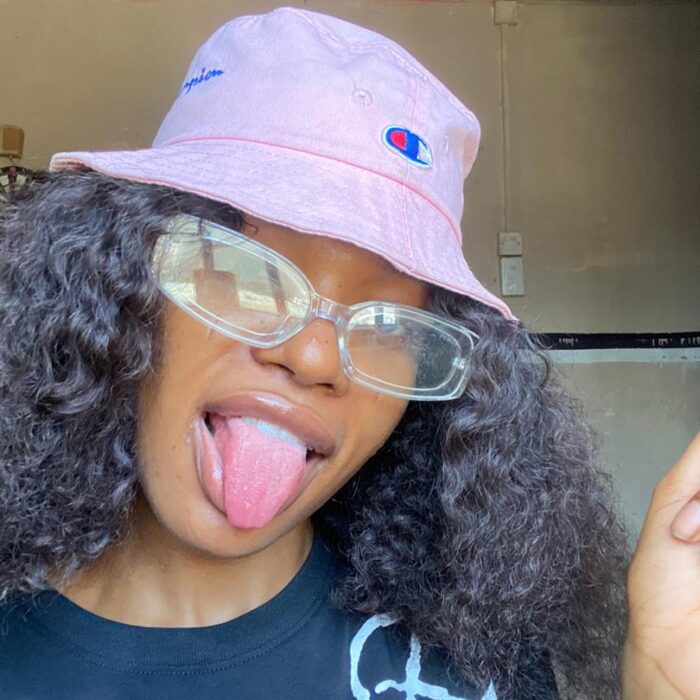
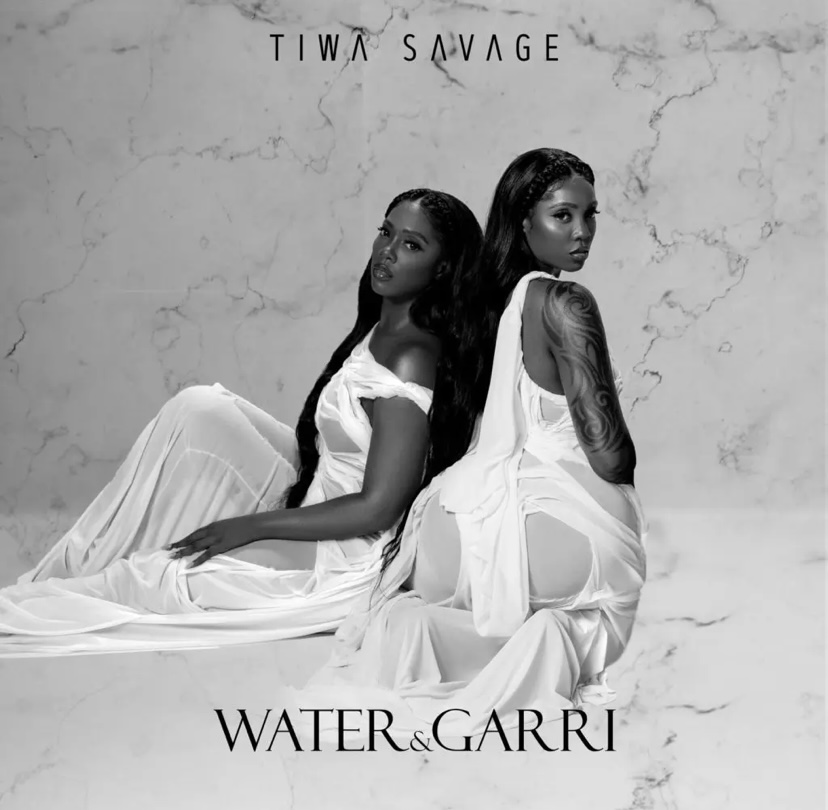
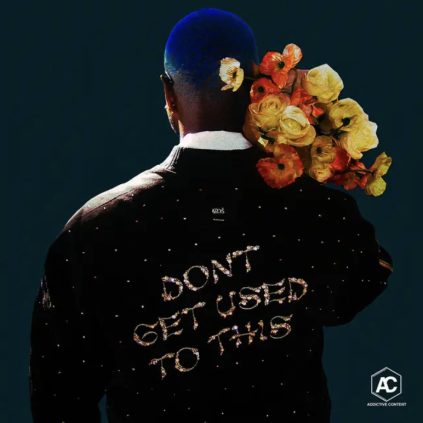
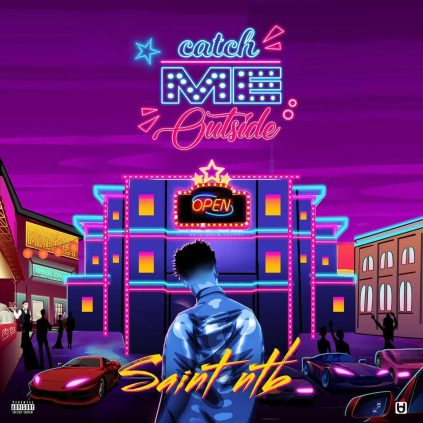
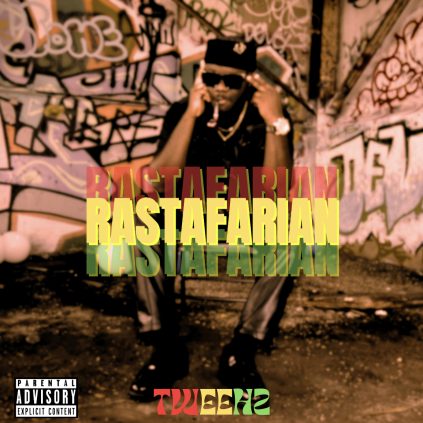
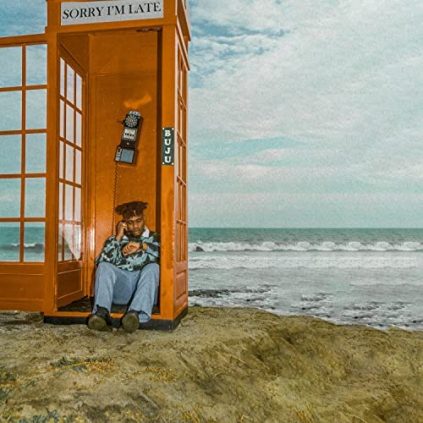
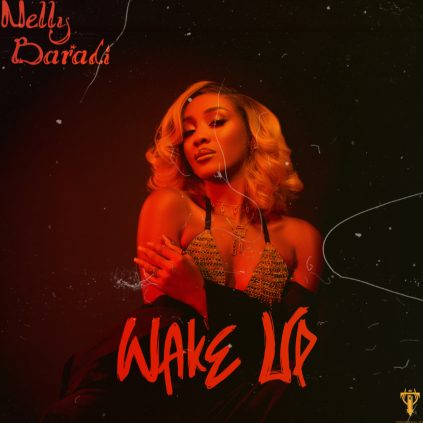
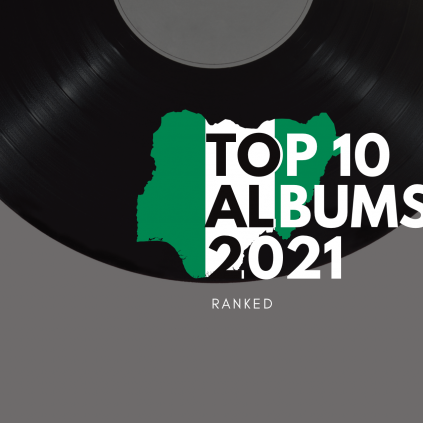
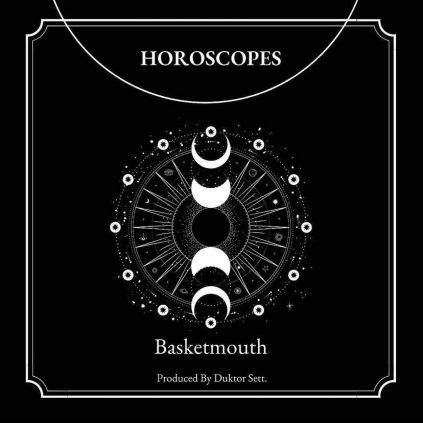
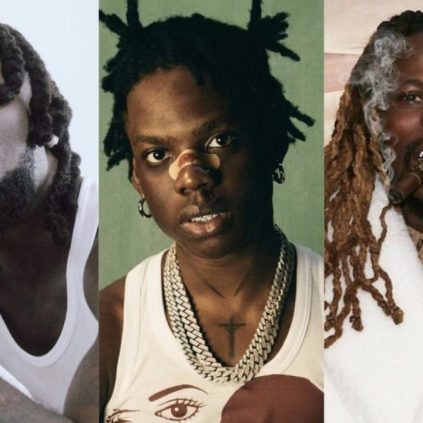
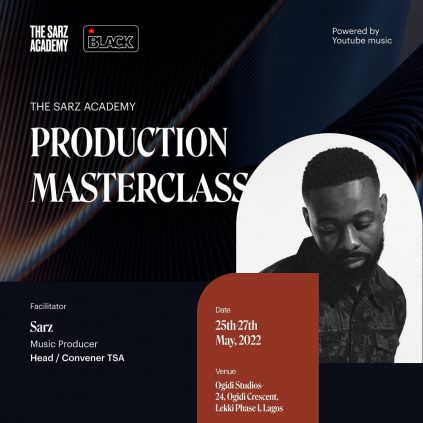
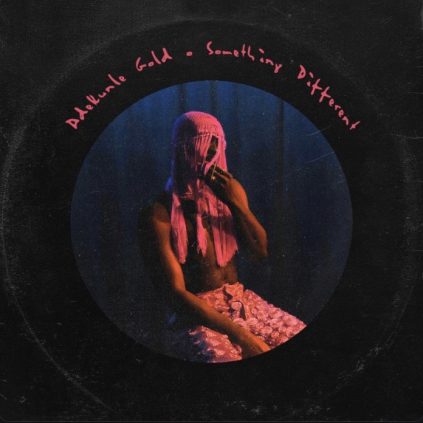
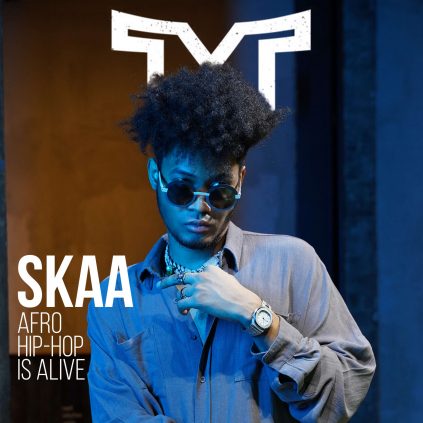
The part where the writer said it’s also incredibly sad almost got me teary cos we’ve really been missing out on great stuff we could have gotten. This EP will last forever. This for me is Tiwa’s best project yet.